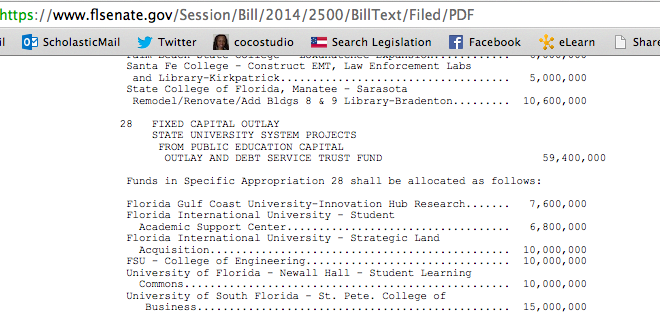We just concluded the opening session of the seminar. We’ll be here another six days so there’s a lot in store. There are many brilliant thinkers here, and it’s going to be a challenge for me to step out of my listening stance to speak more. A lot of good insights arose in a very short time, and I can see how these readings and discussions will build on each other throughout the week.
We have two capable moderators in Jerald and David. Jerald led the opening reception and introductions while David facilitated the opening discussion. Although I’m not at liberty to report on who said what, I do want to share the question which framed our talk this evening: Why do people disagree? It’s a great question, and one which can frame many conversations across a range of topics.
 True dialogue, which is not about debate or persuasion, but about understanding, gets at the heart of this. When you endeavor to dialogue with another, you work to peel away layers. To reveal values. To listen. To learn.
True dialogue, which is not about debate or persuasion, but about understanding, gets at the heart of this. When you endeavor to dialogue with another, you work to peel away layers. To reveal values. To listen. To learn.
Sometimes you find that disagreements are based on different life experiences or values, language barriers or misunderstandings. In some cases, the disagreements might be quite minor and consensus close at hand. In the others, especially in the case of values, disagreement might be profound, with seemingly no resolution forthcoming.
As the eternal optimist, I believe that even in the case of divergent values, there is room for empathy and compassion. Across large institutions, governments, societies, groups can still find some common ground.
Our discussion was on An Agreement of the People. We spoke specifically about politics and civil law, power and property, but my mind was most interested in the idea of insider/outsider status.
- How do we identify other insiders?
- How do we treat outsiders and (how) can they come to be invited in?
- What is the role of trust in the insider/outsider relationship?
- If you extend trust to those on the outside, do you, in that very act, bring them inside?
Tomorrow is Session I: Human Nature. I had trouble with some of the readings because I disagreed with some of the fundamental arguments the authors presented. We don’t have to agree to contribute to the Great Conversation. And really, disagreement is what makes the Conversation worthy of having.
—
Read the next post in the Aspen Seminar series.



 On Tuesday, April 1, 2014, Dr. Elmira Mangum begins her first day as Florida A&M University’s new Rattler-in-Chief. To celebrate, the school will host a Welcome Rally on the steps of Lee Hall, Thursday, April 4, at 12:15 p.m.
On Tuesday, April 1, 2014, Dr. Elmira Mangum begins her first day as Florida A&M University’s new Rattler-in-Chief. To celebrate, the school will host a Welcome Rally on the steps of Lee Hall, Thursday, April 4, at 12:15 p.m. With the creation of the BTNC, founding partners Congressman J.C. Watts, Bob Brillante, Frank Watson and Steve Pruitt, plan to fill a void in the news industry. Over the past twenty years, 18 Black-owned and operated television stations have gone out of business. The result? A dearth of content for Black consumers.
With the creation of the BTNC, founding partners Congressman J.C. Watts, Bob Brillante, Frank Watson and Steve Pruitt, plan to fill a void in the news industry. Over the past twenty years, 18 Black-owned and operated television stations have gone out of business. The result? A dearth of content for Black consumers.